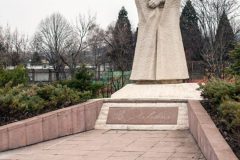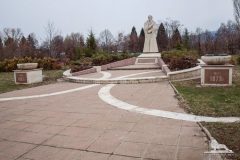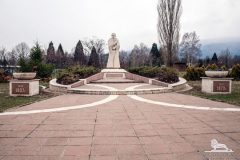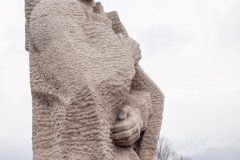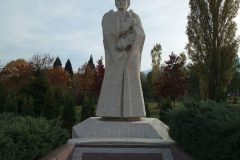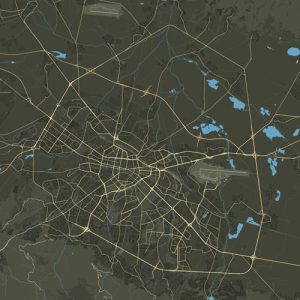Vasil Levski’s legacy resonates deeply within the fabric of Bulgaria, as reflected by the National Sports Academy of Bulgaria’s tribute to him. Named after the esteemed revolutionary, the academy grounds host a monumental stone sculpture honoring Levski, a testament to his enduring influence. Sculpted by Lachezar Daskalov, the monument’s creation was made possible through contributions from notable figures like Hristo Stoichkov, members of the Bulgarian national football team, and the then-national coach Hristo Bonev.
Vasil Ivanov Kunchev, better known as Levski, emerged as an instrumental figure in Bulgaria’s national liberation movement. Born on July 6, 1837, in Karlovo, Levski embarked on a remarkable journey dedicated to Bulgaria’s freedom from Ottoman rule. Initially adopting the monastic name Ignatius in 1858, his fervent dedication to Georgi Stoykov Rakovski’s call for liberation led him to join the First Bulgarian Legion in Belgrade by 1862. It was during his time in Belgrade that he earned the moniker “Levski” owing to his lion-like agility displayed during training exercises. His dedication to the cause saw him engage in conflicts against the Turks.
Levski’s conviction evolved, recognizing that Bulgaria’s freedom necessitated thorough internal preparation and united action by its people. This insight birthed the Internal Revolutionary Organization (IRO), a meticulously structured and clandestine entity aimed at mobilizing Bulgarians for liberation. However, unfortunate events, including external interference and imprudent actions by Dimitar Obshi, exposed the IRO to Ottoman authorities, triggering a relentless pursuit of Levski. His subsequent capture, trial, and execution by hanging on the outskirts of Sofia on February 6, 1873, marked a tragic end to his life.
Yet, Levski’s unwavering dedication and sacrifice established him as a revered national hero posthumously. His indomitable love for his people and homeland served as an inspirational beacon for generations of Bulgarians, leaving an indelible mark on the country’s history and collective consciousness.

